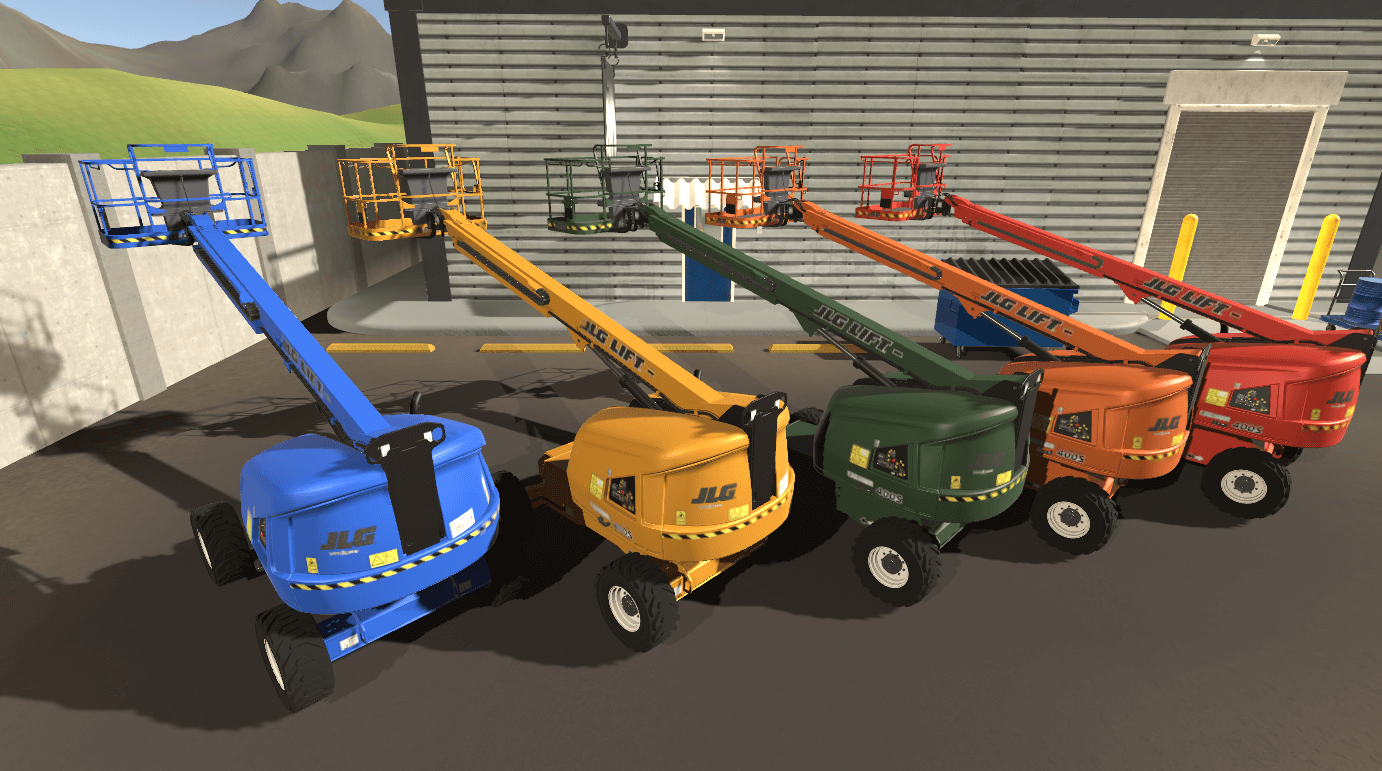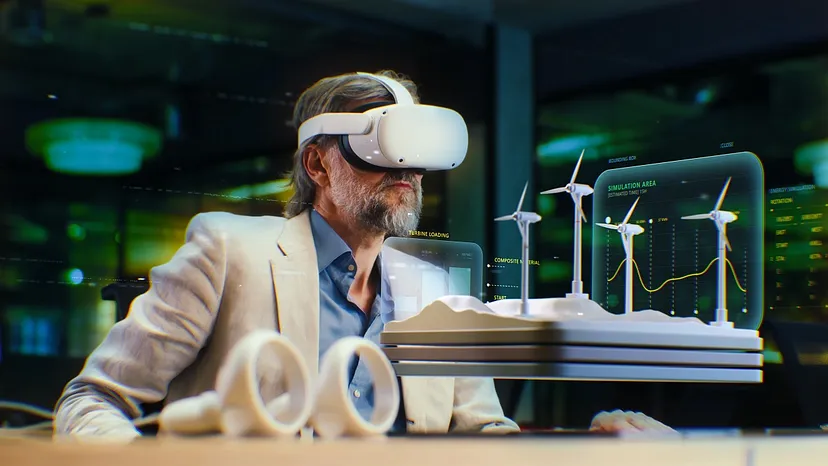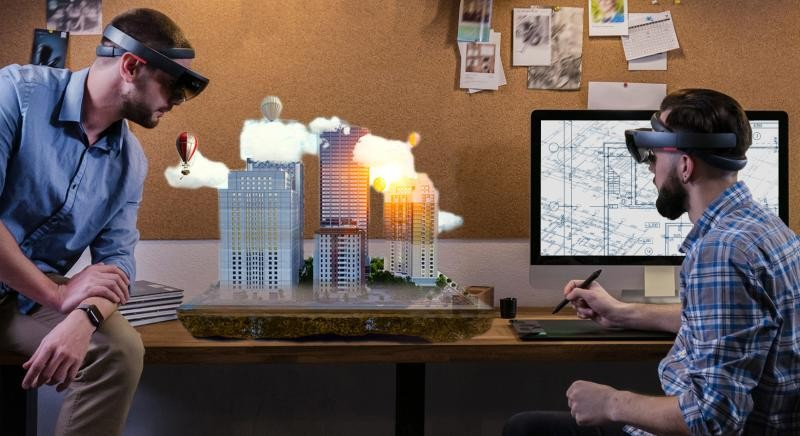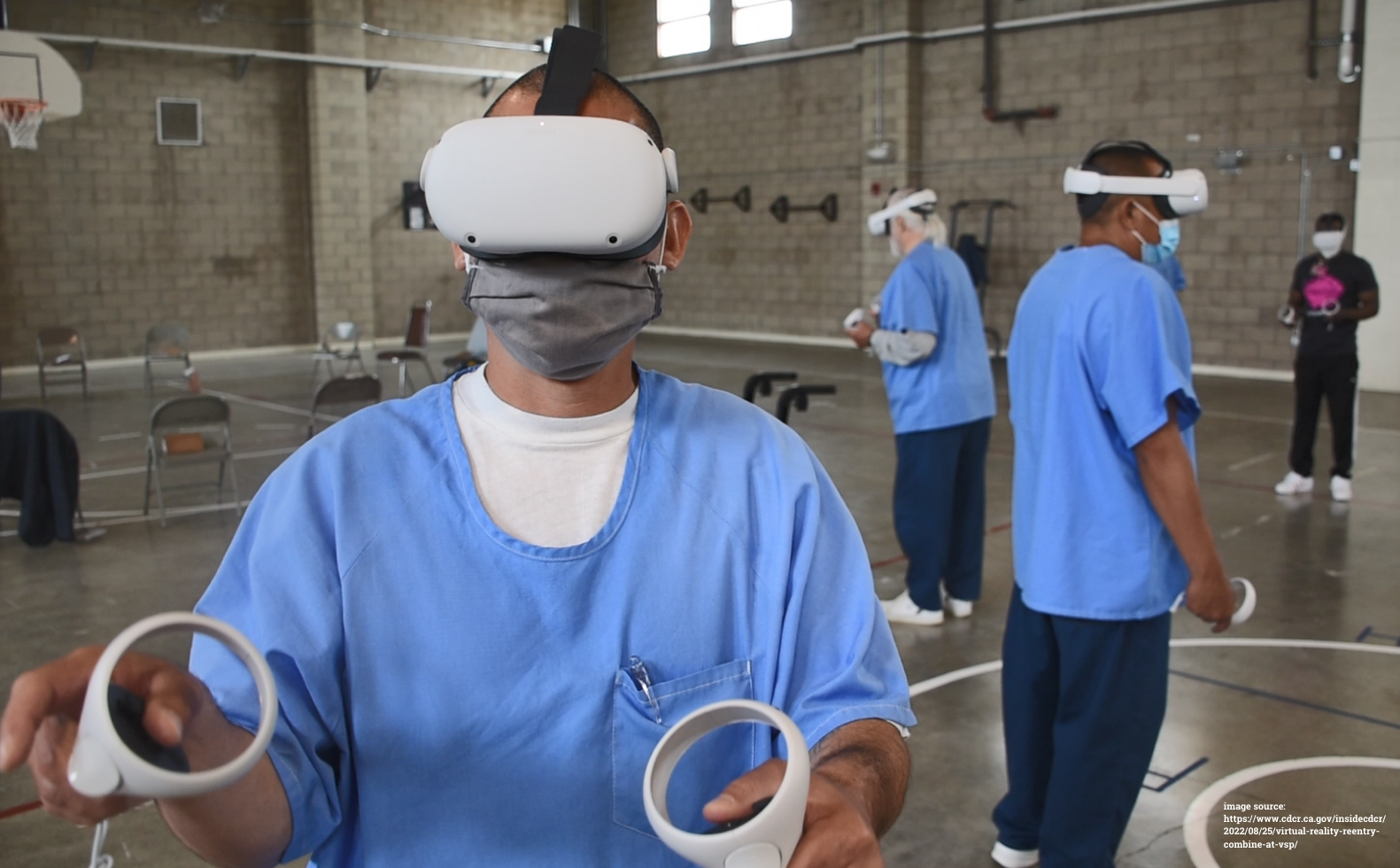VR Training is changing your industry

What is VR training?
Virtual Reality (VR) training is a type of training that uses VR technology to create a simulated environment for learners to practice and learn new skills. This can be done through the use of VR headsets or other VR hardware, such as haptic feedback devices or motion-tracking systems.
In a VR training program, learners can interact with the simulated environment in a way that closely approximates real-life situations. This can include tasks such as practicing medical procedures, responding to emergencies, or operating equipment. VR training can be used to teach a wide range of skills and is often used in fields such as healthcare, military, and first responder professions.
Why are companies using VR training?
Virtual Reality can be an effective tool for training because it allows people to practice and learn in a simulated environment that closely approximates real-life situations. This can be especially useful for training in fields such as healthcare, military, and first responder professions, where the consequences of making a mistake can be serious or even fatal.
VR training is more engaging and immersive than traditional methods, which increases the retention of information and improves performance when transferring the skills to real-world situations.
Additionally, VR training can be customized and tailored to the specific needs and goals of the learner or organization, and can be easily updated and modified as needed. This flexibility allows for a more personalized and efficient learning experience.
5 VR training trends to watch for in 2023:
Increased use of VR for remote training
With the COVID-19 pandemic leading to a shift towards remote work, there is likely to be an increase in the use of VR for training employees who are working from home or in different locations.
Use of VR for soft skills training
VR can be an effective tool for training employees in soft skills such as communication, teamwork, and leadership.
Integration of VR with other technologies
VR training is likely to be integrated with other technologies such as augmented reality (AR) and artificial intelligence (AI) to create more immersive and personalized learning experiences.
Greater use of VR for safety training
VR can be used to simulate dangerous or risky situations, allowing employees to practice and develop the skills needed to handle such situations in a safe and controlled environment.
Adoption of VR by smaller businesses
VR training is likely to become more accessible and affordable, leading to increased adoption by small and medium-sized businesses.
Overall, VR is expected to significantly grow as a training tool in 2023 and beyond. Bit Space Development is at the forefront of this innovation, and is here to help bring your business into the future.
Click to share this article
Other posts from our blog
Transform your business with immersive technologies
Schedule a consultation to see how BSD can help your organization unlock new avenues of engagement.
CONTACT US
Global Headquarters
1555 Dublin Avenue, R3E 3M8
Winnipeg, MB, Canada
PUBLIC RELATIONS
DIVISIONS
GENERAL
IN THE SPIRIT OF RECONCILIATION
We would like to acknowledge that the land on which we gather is Treaty One Territory, the home and traditional lands of the Anishinaabe (Ojibwe), Ininew (Cree), and Dakota peoples, and in the National Homeland of the Red River Métis. Our drinking water comes from Shoal Lake 40 First Nation.
Join 10,000+ people who get XR tips, insights, and company updates monthly.
Contact Us
We will get back to you as soon as possible.
Please try again later.
Privacy Policy Accessibility Sitemap Support
Bit Space Development Ltd.





